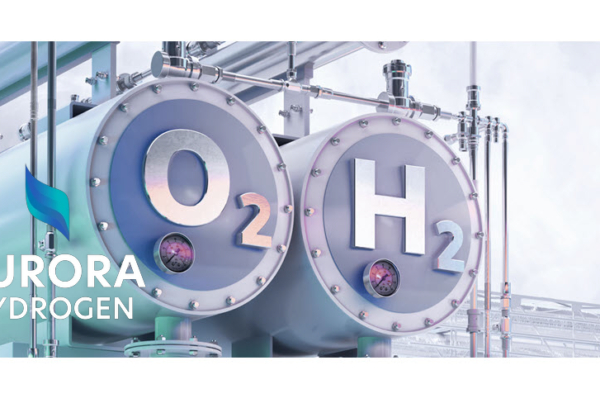
Climate change presents a clear and present threat to everyone and everything on the planet. We have a plan to reduce the impact of climate change and prevent a full-blown climate crisis, but it hinges on being able to reduce global CO2 emissions dramatically. The goal is to reduce them by 50% before 2030 and reach net-zero emissions by 2050.
One major part of this plan requires drivers to reduce their use of fossil fuels by moving away from gasoline and diesel-powered cars.
Electric vehicles are being marketed as the perfect solution to CO2 emissions since fossil fuel-based transportation makes up nearly 30% of this output. However, new technology shows us that EVs aren’t the only opinion available. How can we combine some of the world’s greenest energy options into a power source for our daily commute?
The Growth of Hydrogen Fuel Cells
Despite naysayers like Elon Musk — who called the technology ‘extremely silly’ in 2021 — the hydrogen fuel cell vehicle market is poised to grow exponentially in the following decades. Industry experts expect the industry to expand at a CAGR of 43.8% between 2016 and 2026. In 2021, the industry was worth $3.85 billion. Commercial entities are working to deploy hydrogen fuel cell electric vehicles (FCEVs) in the next few years.
They may be more expensive, but FCEVs offer all the benefits of an electric vehicle without excessive charging times. Refilling an FCEV is no different than filling a gas or diesel-powered car, as long as you can find a fueling station. Fuel cells are also a more environmentally friendly option than lithium-ion batteries in EVs, which are much harder to reclaim and recycle.
Making Hydrogen Green
The biggest challenge with hydrogen right now is where it’s collected. Most of it comes from the petroleum industry as a byproduct of natural gas reformation. It’s cleaner than burning natural gas, but the collection process means hydrogen technology isn’t splitting off from the fossil fuel sector fast enough.
There are other places to collect hydrogen. It’s one of two elements that make up a water molecule, and with the application of a bit of electricity, it can be electrolyzed from saltwater. The challenging part was creating anodes that allowed hydrogen collection without failing due to the corrosive nature of saltwater.
Combining Hydrogen and Solar
The easiest way to collect hydrogen from seawater is to use solar energy. Essentially, it converts sunlight directly into hydrogen.
Researchers at the University of Nagano in Japan have developed a two-step method that, in a lab, can generate hydrogen through a photocatalytic reaction. Unfortunately, it’s not as simple as hooking up a fuel cell to a solar panel and turning on the system. It combines barium tantalum oxynitride, which absorbs light on the red-orange end of the spectrum, and combines it with aqueous methanol instead of water. Introducing catalytic granules triggers the chemical reaction and generates hydrogen 100 times more efficiently than traditional methods.
The other challenge lies in creating more efficient solar panels. The laws of thermodynamics mean we will never have 100% efficient panels. Current photovoltaic systems tend to max out at 22%-23% efficiency. Improvements can help this technology become more mainstream.
Will Solar-Hydrogen Fuel Cell Vehicles Be Coming Soon?
The industry needs to overcome public aversion to FCEVs before solar-hydrogen fuel cell vehicles can become mainstream. In the long run, hydrogen can be better for the environment than battery-powered EVs. Still, drivers will likely be hesitant to adopt this new technology until proven. Only then can scientists look further into combing solar and hydrogen into an emissions-busting team.


Jane Marsh, Contributor
The views and opinions expressed herein are those of the authors and do not necessarily reflect the official policy or position of Fuel Cells Works, its directors, partners, staff, contributors, or suppliers. Any content provided by our contributors or authors are of their own opinion and are not intended to malign any religion, ethnic group, club, organization, company, individual or anyone or anything.
Read the most up to date Fuel Cell and Hydrogen Industry news at FuelCellsWorks




